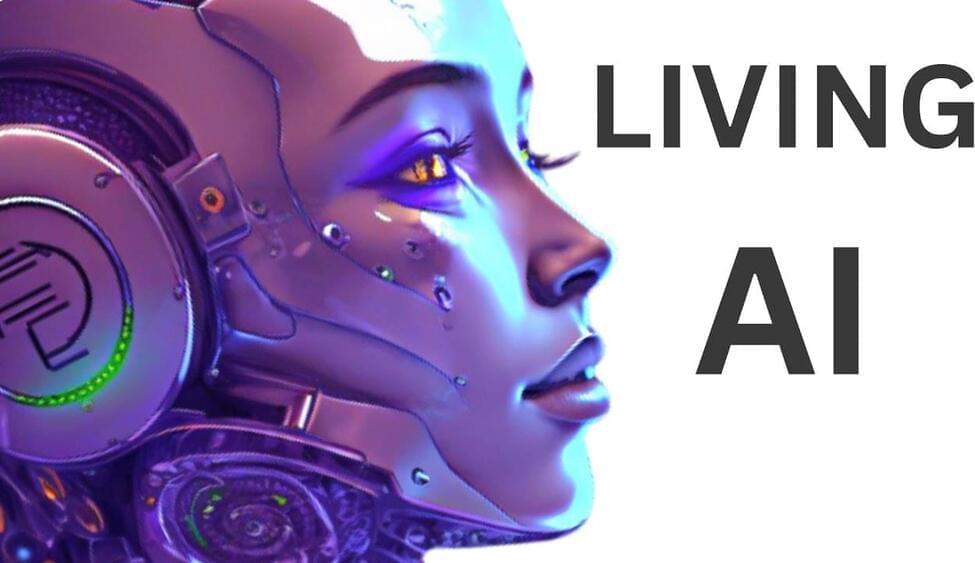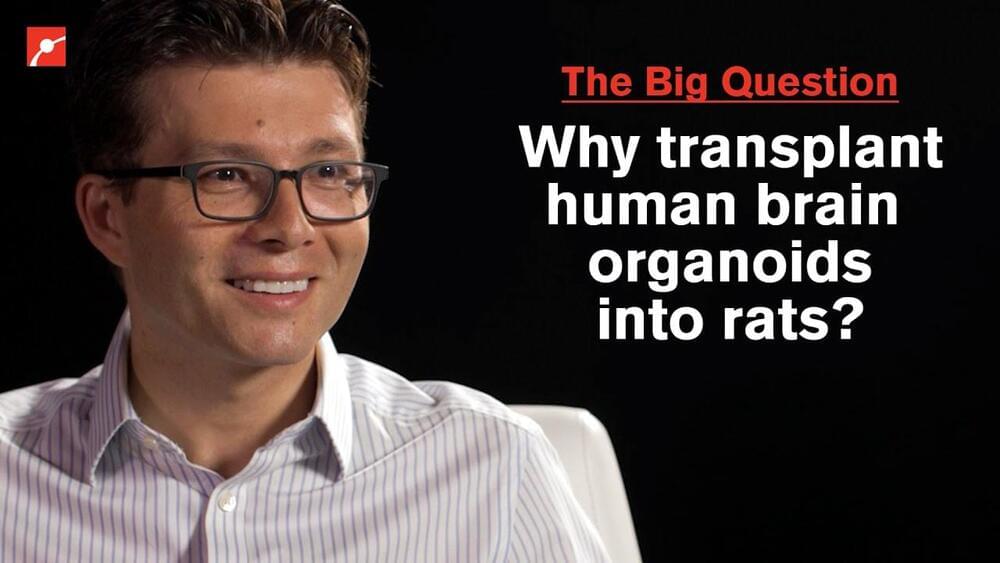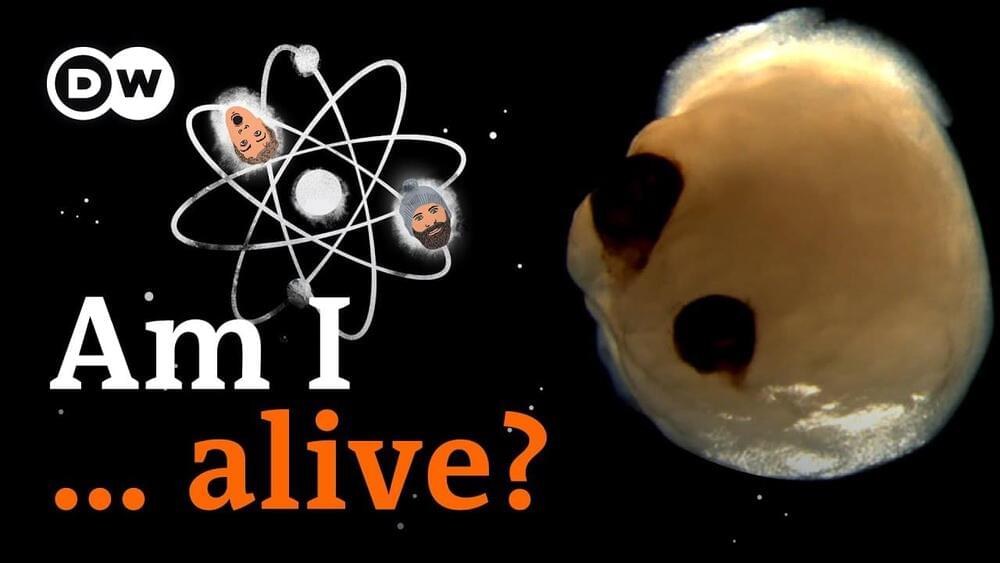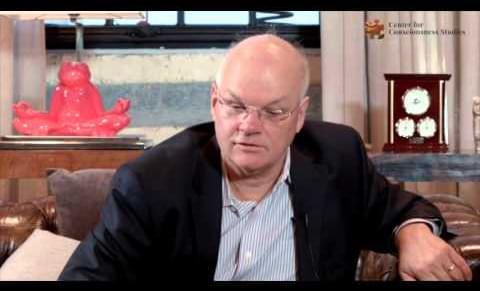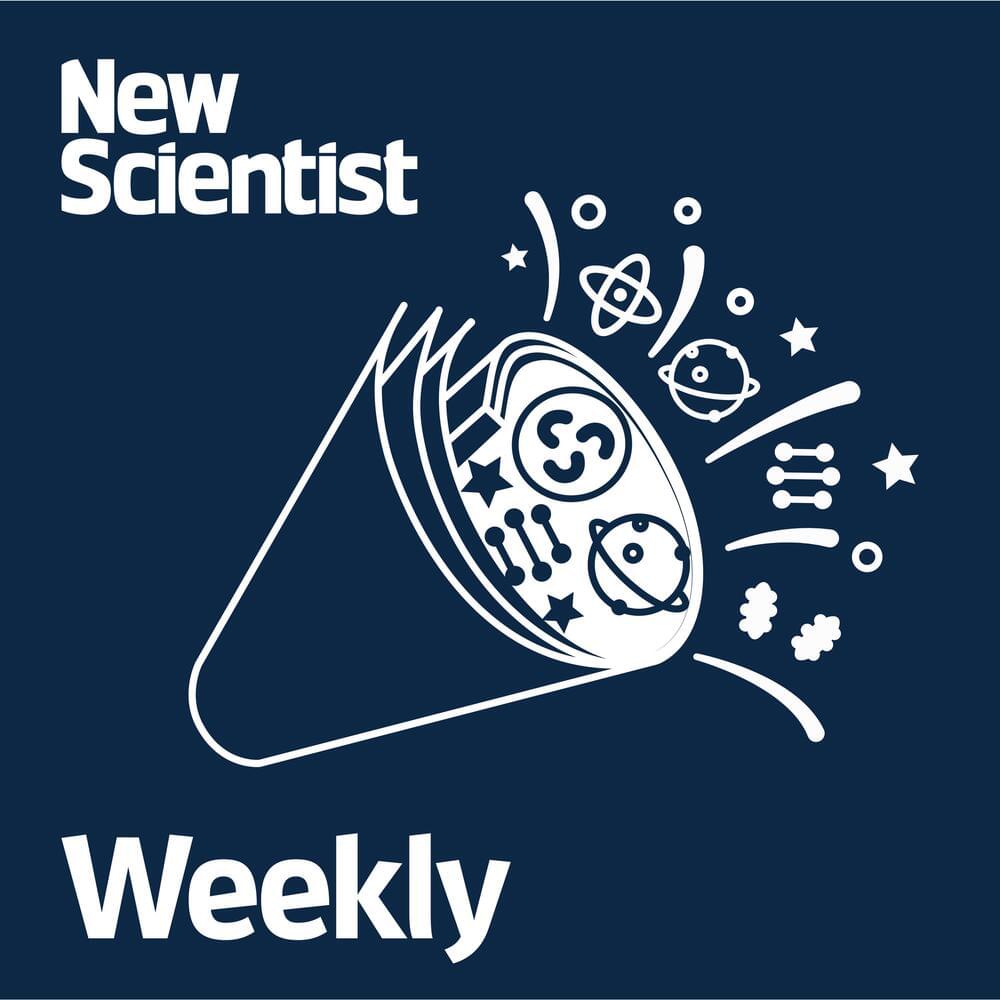
In the intensive care unit (ICU), critically ill patients are cared for by a multidisciplinary care team. Compassionate and caring behaviors on the part of the care team result in better outcomes for patients and their families, and care providers entering the demanding field of medicine because they wish to help people and relieve suffering. However, studies have demonstrated deficiencies in delivering compassionate health care. Evidence suggests that physicians may miss up to 90% of opportunities to respond to patients with compassion.
To determine what factors drive and enhance compassionate care behaviors in the ICU setting and which factors drain and negate caring attitudes and behaviors, Shahla Siddiqui, MD, MSc, FCCM, and a colleague conducted an observational, qualitative study of an international panel of intensive and critical care providers. The researcher-clinicians report in PLOS ONE that while ICU physicians and nurses feel a deep moral imperative to deliver the highest level of compassionate care, pressures of capacity strain, lack of staff, lack of compassionate skills training and a heavy emphasis on electronic health record maintenance present significant hurdles to achieving that goal.
“Studies done on physician compassion from a patient perspective emphasize listening and awareness of the patient’s emotional state, which not only builds trust within the patient-physician relationship but also enhances resilience amongst the care team and prevents burnout,” said Siddiqui, an anesthesiologist at BIDMC. “Our aim was to describe compassionate behaviors in the ICU, study the factors that enhance and those that drain such behaviors with an aim to enable recommendations for practice and training.”



